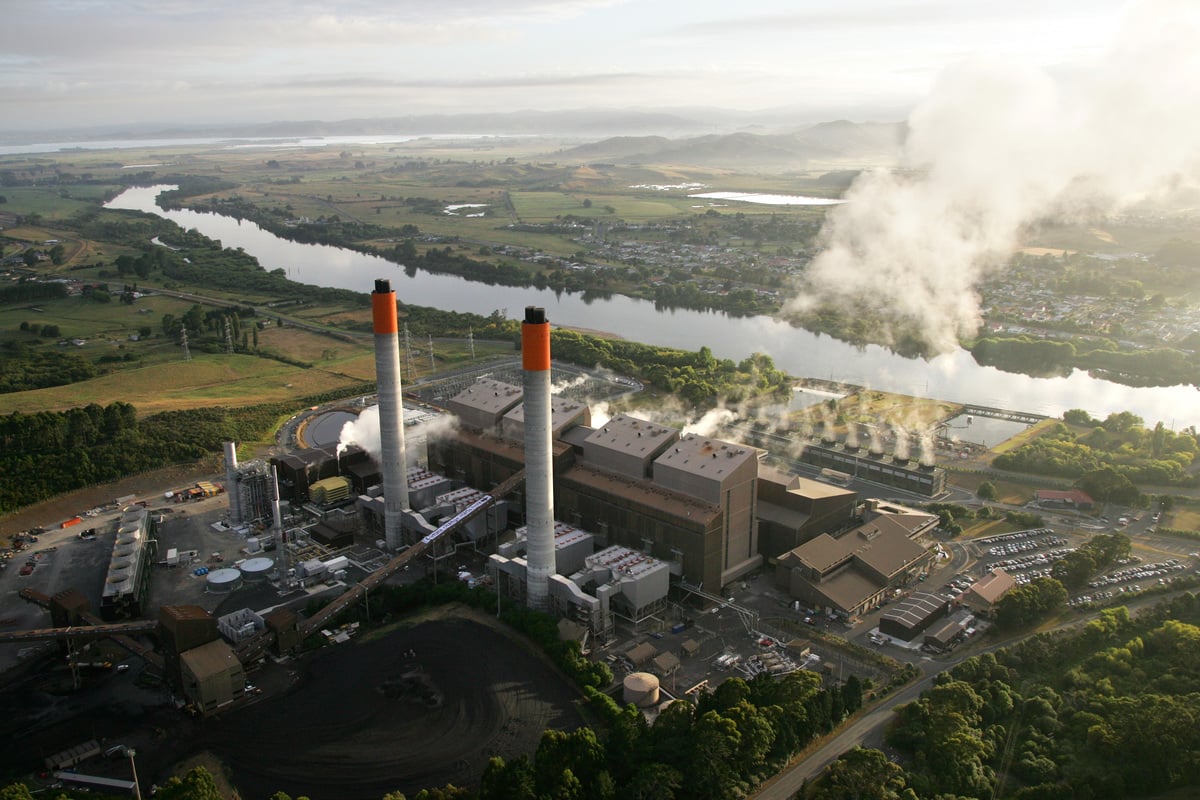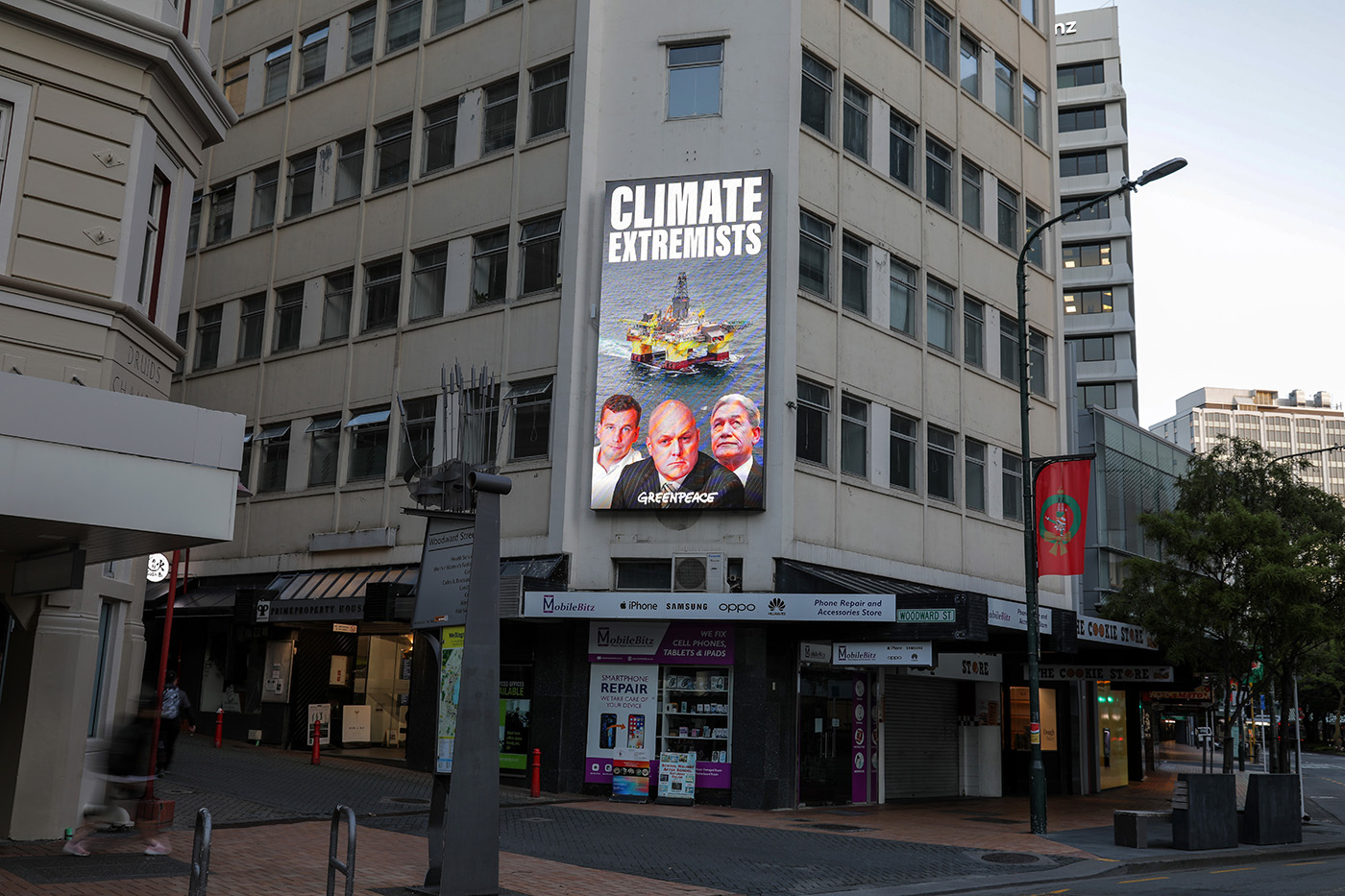Oil plays a crucial part in our everyday lives, as has been pointed out many since Lucy Lawless committed the selfless and very brave act of climbing the derrick of the Noble Discoverer, to delay its departure to the Arctic.
All the people who have made this point – perhaps redundantly – are, all the same, absolutely right.
Many of the items we need to live and enjoy our everyday lives are made using oil. But more importantly, in this country, and in many others, almost all goods are transported using oil-based products, oil is used to create energy, and by far and away the majority of people commute to work or school using fossil fuels.
This is where the problem lies, given that the world is about to lose the chance to stop the global average temperature from soaring – uncontrollably – beyond two degrees.
Lucy Lawless and the other activists did not climb the ship’s drilling tower to try to halt all oil production. They made the climb to stop the oil majors from setting up new frontiers in their search for oil. The likes of Shell are pushing the limits of technology, targeting the storm-lashed pristine waters of the Arctic, and the deep water off the south of the South Island, in their search for more of what has brought the world to the precarious position it is in today.
The development of these new frontiers will rapidly consign the planet to a dreadfully uncertain future, in which the current ‘business as usual’ mindset will seem thousands of years out of date.
Only a fool would buy the idea that Shell wants to drill in the Arctic and in New Zealand’s Great South Basin for the oil needed to manufacture hip replacements, schoolbags, and shoes. Indeed, the parts of the planet that currently produce oil would easily be able to meet the demand created by manufacturing, if this was the only way in which oil was used. But the reserves in the likes of the Middle East will never be able to meet the enormous demand created by the profligate use of oil for transport and energy generation.
The alternatives to using oil in this way already exist. One of the solutions is to use our resources more wisely. Japan is still functioning (the effects of its earthquake and tsunami disaster notwithstanding), having gone from having 54 nuclear reactors to just two, with almost no change in the amount of fossil fuels being imported. The savings have been achieved by public appeals to the population to save energy, by the likes of just switching off lights.
But beyond using less, there is an enormous economic potential in countries like ours expanding not just our renewables capacity, but also our renewables know-how. If the sort of subsidies our Government hands out to the oil companies – tens of millions of taxpayers’ dollars have been spent so far on seismic surveys alone, carried out in order to attract the deep sea industry to this country – were spent on the next generation of renewables energy and efficiency technologies, countries such as ours would be well-placed to thrive. By honing and licensing the know-how we have in renewables, such as in geothermal, this country could stand to do extremely well, as the rest of the world evolves beyond fossil fuels.
The world will have to make this switch very soon. That is beyond question, given the increasing ravages of climate change and the impact resource depletion is having on the global economy. The question for the world, and for New Zealand, is whether we make the switch now – and so avoid the worst of what climate change has in store, and save the likes of the Arctic, and the coast of Stewart Island, from the very real threat of an oil spill. If we move now we can get a foothold in the global race to create the clean energy solutions the world is now demanding. Otherwise we will be hobbling our collective futures for the sake of keeping alive an industry that caters to century-old technologies.
Shell sees the melting Arctic as an invitation to drill for more oil, which will only drive climate change further. This is turn will lead to an even greater loss of ice, further reducing the role the icecap has in cooling the planet.
The climate scientists are telling us the ice melt is our final warning. We all know who our children and grandchildren would want us to listen to.



